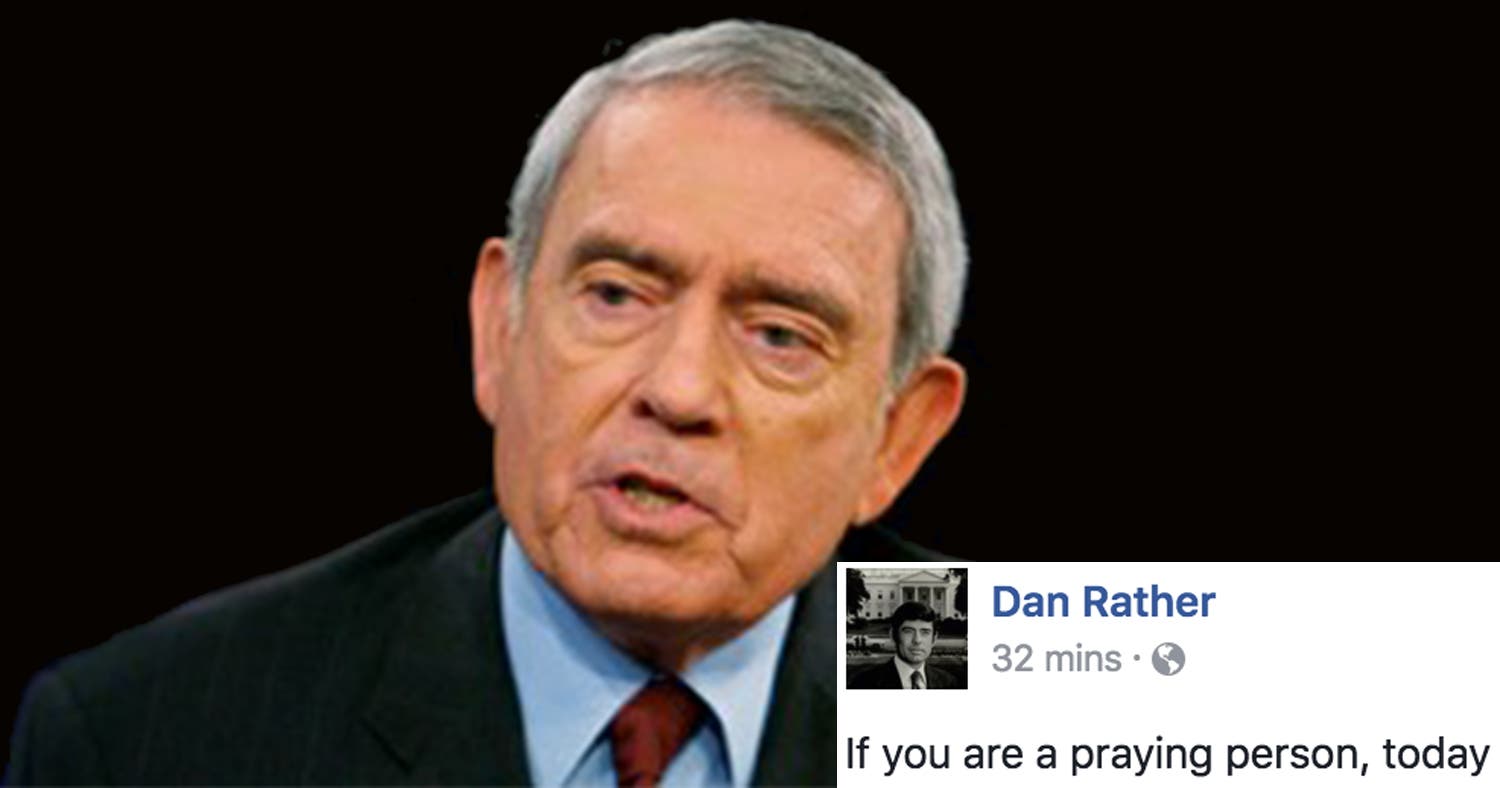Kansas Ramps Up On Its War On The Poor By Limiting Welfare Withdrawals To $25
Republicans seem to be struggling to outdo each other when it comes to making life difficult for society’s most vulnerable. After Arizona elected to kick more than 2,700 children from various benefit programs to fix a gigantic hole in its budget, it was hard to imagine the Right sinking any lower in its war on the poor — but Kansas Republicans have done it!
The state legislature has decided, without any basis, that the poor are too irresponsible with their money — so irresponsible that it is necessary to limit how much cash welfare recipients can withdraw if they are in a situation that some greenbacks are necessary for a transaction.
Welfare recipients, as of July 1, may only withdraw $25 per day from their accounts — which is a huge win for financial institutions and anyone who in any way receives money from ATM fees. The Chicago Tribune reports:
The legislature placed a daily cap of $25 on cash withdrawals beginning July 1, which will force beneficiaries to make more frequent trips to the ATM to withdraw money from the debit cards used to pay public assistance benefits.
Since there’s a fee for every withdrawal, the limit means that some families will get substantially less money.
It’s hard to overstate the significance of this action. Many households without enough money to maintain a minimum balance in a conventional checking account will pay their rent and their utility bills in cash. A single mother with two children seeking to withdraw just $200 in cash could incur $30 or more in fees, which is a big chunk of the roughly $400 such a family would receive under the program in Kansas.
“The complexity of functioning in that cash economy as a very poor family is just not a reality that most of us experience day to day,” said Shannon Cotsoradis, president of Kansas Action for Children in Topeka. “I pay my bills online.”
Even worse for the nation’s poor, the $25 limit is actually much lower at most ATMs, which are typically stocked with only $20 bills. To withdraw $100, a family would need to walk or drive to an ATM a total of five times in order to raise the money needed to pay a bill if they do not have a bank account. Assuming a fee of just $2, that family would lose an additional $10 through transaction fees.
“Banks have traditionally not located themselves in neighborhoods that they perceive either to be unsafe, or where there’s no customer base,” said Professor Kristin Seefeldt of the University of Michigan. “If that’s the way they’re getting cash, [getting the money] can be a real chore and a challenge.”
This provision inflicts unneeded hardship on the nation’s most vulnerable, but it could also be illegal:
But the new provision limiting what the poor can do with their debit cards is causing particular problems for Kansas because it could conflict with federal rules that appear to require that states provide beneficiaries with “adequate access” to their benefits, putting more than $100 million in funding for the program in jeopardy. Brownback told McClatchy newspapers last week that he planned to work with administrators in Washington to make sure that money remains available for poor families. It is not clear what that would involve.
In any case, Republicans claim that recipients are blowing their money all over the place…maybe.
“There are actual reports posted as to where the ATMs were that cards were used by Kansas residents,” said State Sen. Caryn Tyson, R, who proposed the $25 limit on withdrawals. She claimed beneficiaries were using their debit cards “at liquor stores, cigarette shops, strip joints. Casinos was another. There was a $102 [withdrawal] from a person in Colorado at a Rockies baseball game. We don’t know that they spent it on the game, we don’t know what they spent it on, but the ATM was at the Rockies facility. Another one was on a cruise.”
Isn’t it about time we fight poverty rather than the poor? The problem is not that someone, somewhere, might be possibly maybe spending a small amount of their tiny benefits on something that could or could not be improper. The true crime is that some consider the possibility of a poor person buying a beer, or a candy bar, or occasionally doing something fun to be so abhorrent that every single poor person needs to be punished.
Opinion columnist and former editor-in-chief of Occupy Democrats. He graduated from Bennington College with a Bachelor's degree in history and political science. He now focuses on advancing the cause of social justice and equality in America.












